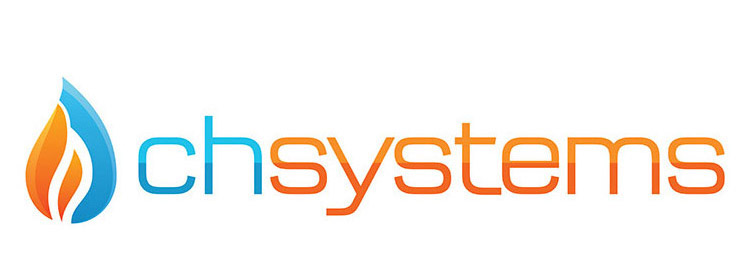Why businesses should consider the WHOLE life costing of a boiler
It’s important, when looking at the cost of a new boiler, to consider the ‘whole life cost’ of the product rather than just the initial purchase price. When working to a budget it’s easy to be distracted by the capital cost of a new boiler and how it will affect finances short term, forgetting the operational costs that are equally important to bottom line business profits.
In order to reduce overall expenditure, ‘whole life costing’ must be contemplated as part of a budget. The expected life of a boiler would likely include: a review of anticipated energy usage, installation costs, maintenance and servicing costs – in addition to the initial cost of the item. This will offer a more realistic cost analysis of the overall operation, maintenance and repair of the boiler.
The type of boiler purchased for your business can make a massive difference to overall expenditure; deciding to invest in one particular product over another could result in a massive saving over time. For example:
- Condensing boilers can achieve over 90 per cent thermal efficiency compared with 70 to 80 per cent with non-condensing models. Replacing a non-condensing boiler and updating controls can save up to 25% per cent of energy costs, depending on consumption.
- A boiler’s modulation range (the difference between its maximum and minimum output, normally expressed as a ratio can have an effect on overall energy use (and cost): a wide modulation ratio is particularly useful for premises with varying demands, as the boiler can modulate its output accordingly.
- If a boiler is not properly maintained, it will have a shorter life span and heating costs can increase by up to 30 per cent.
In a nutshell, looking beyond the gas boiler to the whole system and building could result in even more efficiency gains and reductions in energy use.
For all your energy related questions, feel free to contact the CH Systems team on 0208 302 8149 or info@chsystems.cc.
Sources: Professional Heating & Plumbing Installer, Hamworthy Heating





